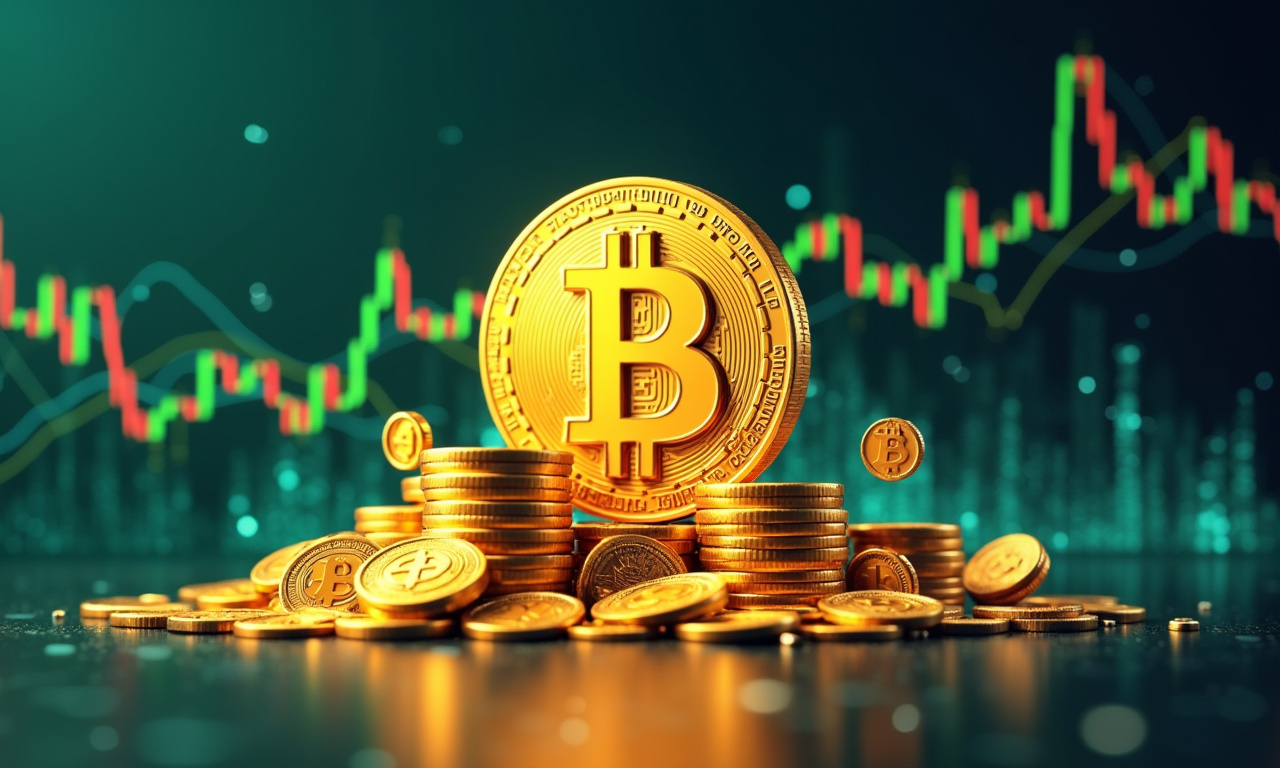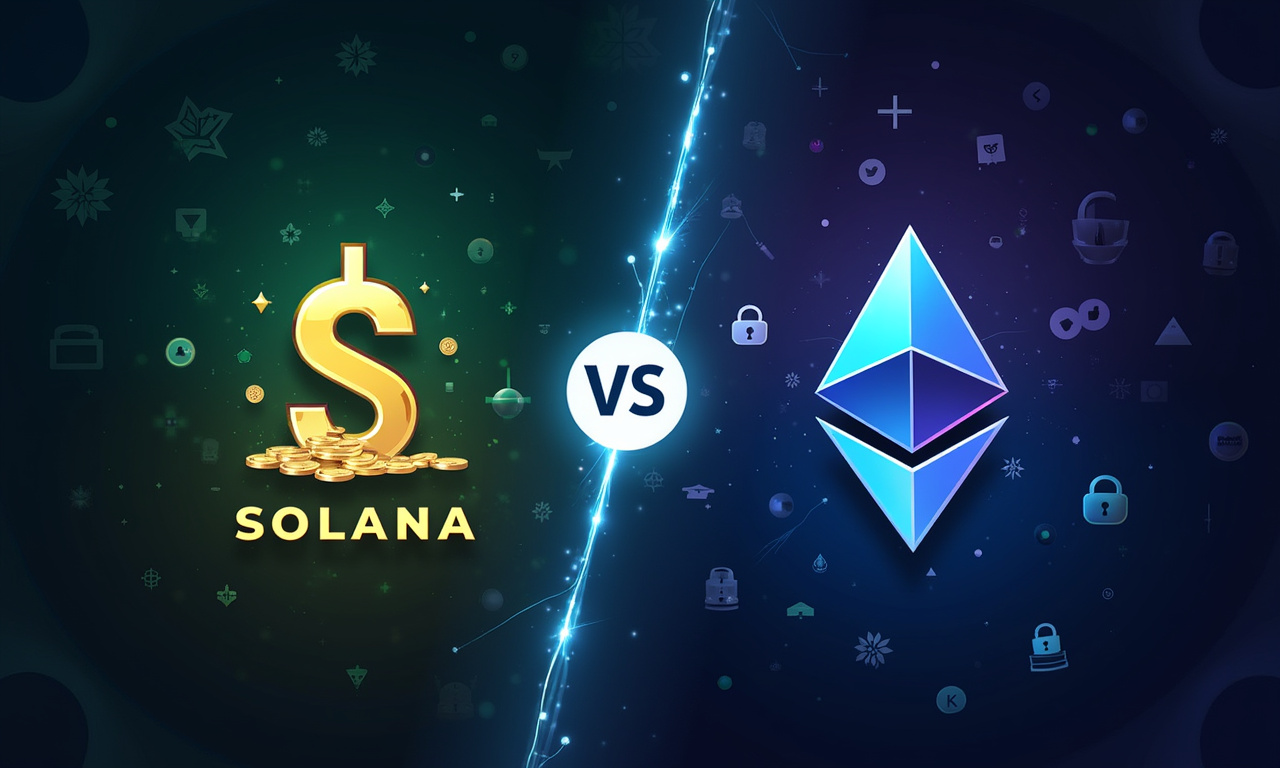
Selecting a cryptocurrency exchange might seem like trying to make it through a minefield, right? As everyone else screams about the shiny new toy, very few are whispering about the looming consequences. Let's cut through the noise. You have to know what the dangers are. I’m not here to sell you visions of Lambos. So, in short, I’m a scrub and I’m here to save your tee shirt.
Regulation: The New Sheriff in Town?
The Wild West days of crypto are over, and thank the Maker for that. SEC, CFTC, FinCEN – these alphabet soup agencies are beginning to pull the trigger. Here's the rub: regulation isn't a magic bullet. It’s more like a double-edged sword.
Think about it. Tougher regulations would shield you from being bilked by con men and hucksters. At the same time, they risk overregulating and thus stifling innovation, forcing exchanges offshore to jurisdictions with little or no oversight. That’s a recipe for creating an environment of even greater risk, right? It’s the equivalent of trying to fix a squeezed balloon – the damage only moves elsewhere.
The exchanges that embrace regulation proactively are the ones you should be watching. They're signaling a commitment to long-term sustainability.
Security Isn't Just A Buzzword
Let’s face it, the never-ending news about hacks and exploits is scary. Centralized exchanges, operating under opaque business practices and severed from the foundational infrastructure of Web3, act as cybercriminals’ honey pots. Decentralized exchanges, though giving users greater control, are usually not built with the same level of security infrastructure as centralized exchanges.
Red Flag #1: Promises of ridiculously high yields. If it sounds too good to be true, you bet your sweet bippy it is. These platforms are glorified Ponzi schemes just waiting to collapse, leaving your hard-earned cash in the dust. Remember, greed clouds judgment.
Red Flag #2: Lack of transparency. Are you able to quickly access information on the exchange’s security protocols, team, and regulatory compliance? If not, run. A reputable exchange has nothing to hide.
Insurance is wonderful, but it may not be our only or first line of defense. It's a bandage, not a cure. Seek out exchanges that focus on robust security practices, such as multi-factor authentication, cold storage, and third-party auditing.
I look at the recent bank runs and I see similarities. People stop listening to the warnings and start running for the exits when they lose trust in the system. In crypto, that faith rests on security. If an exchange is unable to safeguard your assets then why would you give them your money in return for their token?
Fees: Death by a Thousand Cuts
Trading fees, spread fees, deposit/withdrawal fees, network fees… it’s a maze engineered to suck you financially dry. These fees are not created equal. The maker-taker model, as simple as it sounds, is difficult to understand. Those “instant buy” features? They usually have a big spread fee built in, which takes your profit right off the top.
Here’s a brutal truth: you're not just competing against other traders. You're competing against the exchange itself. They can see your order data, and as a result, they can infer your strategies. This makes them the most powerful adversary in the entire game. It’s a lopsided playing field and you have to know that going in.
Okay, let's talk about specific exchanges. Remember, this isn't investment advice. That’s my two cents, as it stands today. We know that things can move rapidly in the crypto space. Always do your own research.
- Compare fees across multiple exchanges. Don't just stick with the first one you find.
- Understand the fee structure. Know the difference between maker and taker fees, and be wary of hidden spreads.
- Use limit orders instead of market orders. This gives you more control over the price you pay.
- Consider using a DEX for smaller trades. The fees may be lower, but be mindful of liquidity.
6 Solid Choices (For Now...)
While there are some clear leaders, I’m not comfortable naming specific exchanges by name publicly just yet. The landscape is just too volatile, and what’s a “safe pick” today could be a major misstep in the near future. I can give you some characteristics to look for:
Think of it like choosing a surgeon. You don’t hire the lowest bidder for that, do you. Find an implementation partner with a track record of success. They must be focused on your post-operative recovery, patient safety and available to respond to your questions openly and thoroughly. Crypto exchanges are no different. Your financial health is on the line.
- Strong regulatory compliance: Actively working with regulators, not against them.
- Proven security track record: Minimal hacks or breaches, robust security protocols.
- Transparent fee structure: Clear and easy-to-understand fees, no hidden surprises.
- Good liquidity: High trading volumes, tight spreads.
- Positive user reviews: A community of satisfied users.
- Innovation: Actively developing new features and services.
Crypto exchanges are very much needed, since legacy investment firms largely still do not allow trading in that asset class. This is a big opportunity, but it’s a big risk too. We are still in the formative stages for many of these advances and technology cycles, and with it come both winners and losers. The bottom line is to be aware, be cautious, and be ready to adjust.
Don’t be blinded by the hype. Question everything. Demand transparency. Protect your assets. And don’t forget, the smartest investment you can make is in yourself.
The Future is Uncertain, But Opportunity Exists
Crypto exchanges are essential because traditional investment firms mostly don't support crypto trading. This is an opportunity, but it's also a risk. We're still in the early stages of this technology, and there will be winners and losers. The key is to be informed, be diligent, and be prepared to adapt.
Don’t be blinded by the hype. Question everything. Demand transparency. Protect your assets. And remember, the best investment you can make is in your own knowledge.

Tran Quoc Duy
Blockchain Editor
Tran Quoc Duy offers centrist, well-grounded blockchain analysis, focusing on practical risks and utility in cryptocurrency domains. His analytical depth and subtle humor bring a thoughtful, measured voice to staking and mining topics. In his spare time, he enjoys landscape painting and classic science fiction novels.








